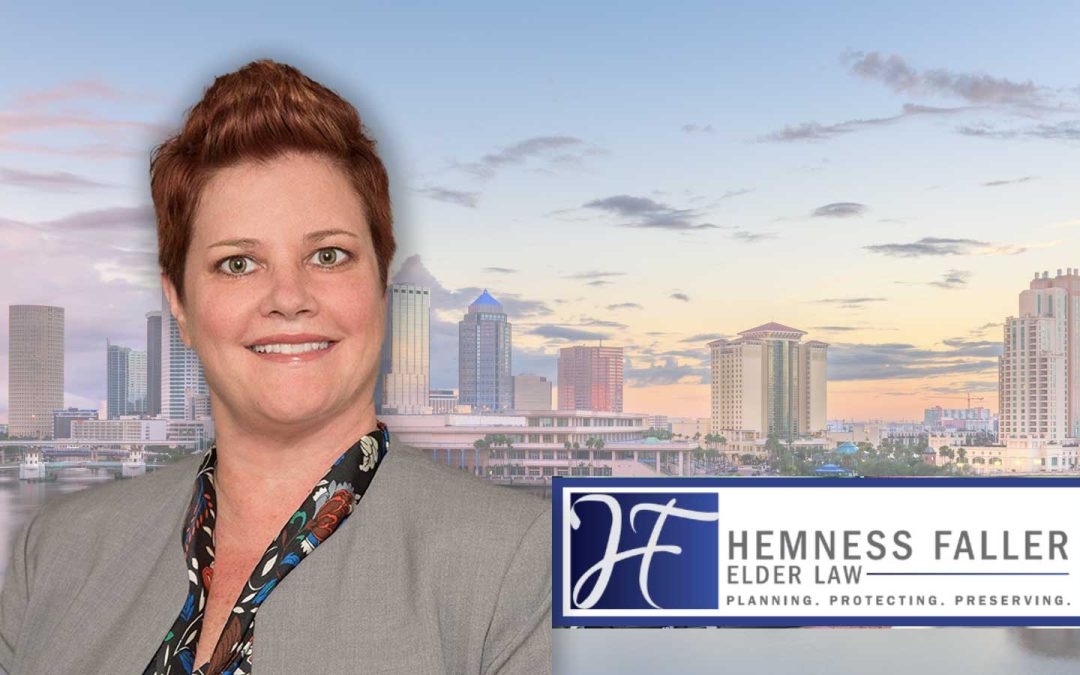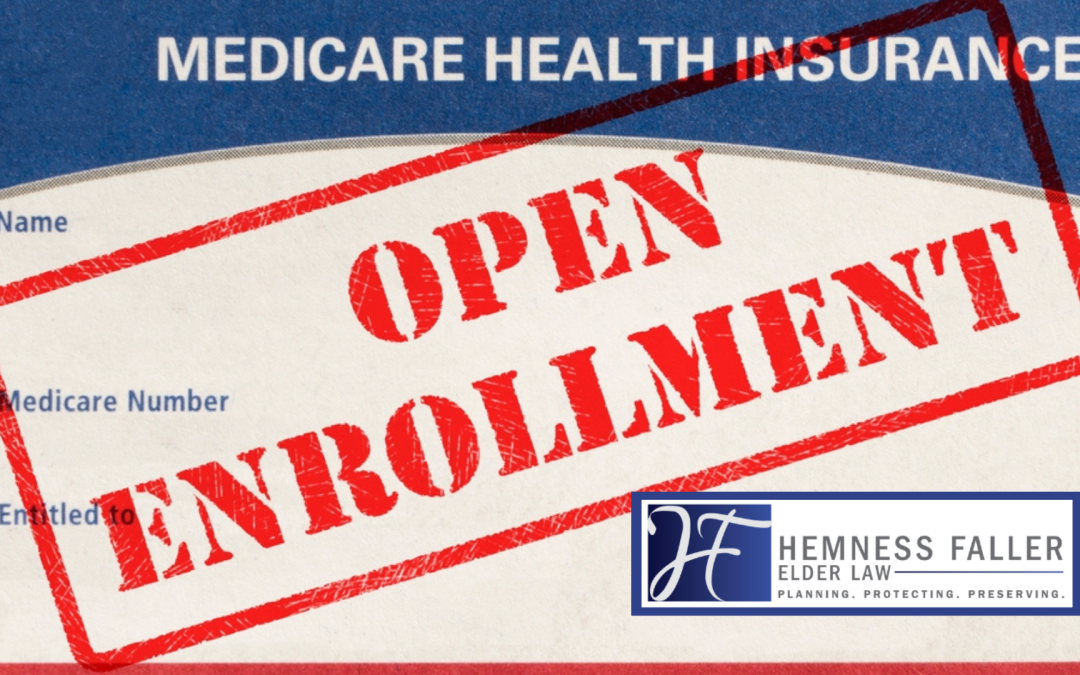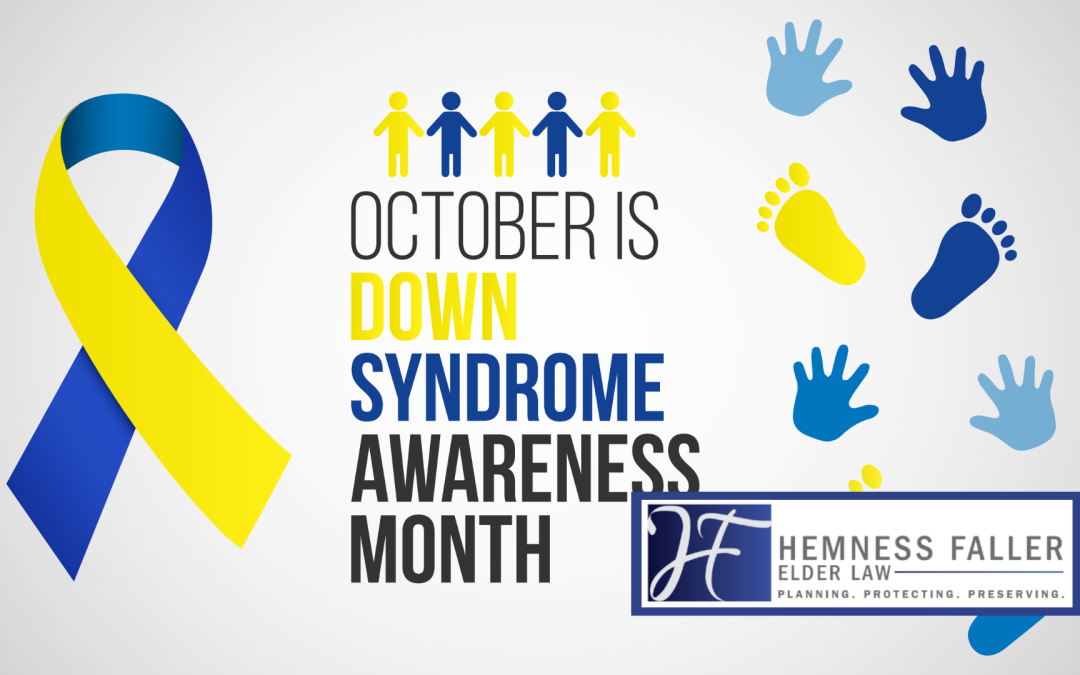Losing a loved one is a devastating life event regardless of age. Baby Boomers, born between 1943 and 1964, are in the unique position of soon losing their parents, if not already, and themselves are advancing into their later years. In fact, an estimated 10,000 Boomers will reach age 65 every day until 2030.
Creating an estate plan, or updating an existing plan, can help protect Boomers and their elder parents, ensure that their final wishes are honored, and provide for their families long after they are gone. It is one of the reasons why we focus in October, as well as throughout the year, Estate Planning Awareness Week which promotes the importance of a sound plan through the National Association of Estate Planners & Councils.
Although you may not have estate planning on your to-do list, let us share several important points to consider:
- Estate planning is not just for the wealthy. Everyone can benefit regardless of the size of their estate.
- Without a sound plan, there is no guarantee your assets can be distributed as intended.
- There is more to estate planning than transferring wealth. Other planning considerations, such as health care decision making, are just as important.
Last will and testaments and trust agreements are the most recognizable elements of an estate plan. A will explains how property and investments are to be distributed at the creator’s death. A trust is, in many ways, a three-party fiduciary relationship where the trust creator transfers assets to the trust where a trustee can then manage the assets on behalf of a beneficiary. A Florida revocable trust is a popular estate planning item, though other trusts may be more appropriate, like a special needs trust, depending on circumstances.
Additional estate planning tools can include advance health care directives, living wills, and strategies for limiting estate taxes.
A living will would allow you to maintain control over the type of medical care you receive when you are near death. A health care power of attorney, which is a separate estate document, would further allow a trusted loved one to make critical care decisions on your behalf if you are incapacitated. While limiting tax exposure, which is another major component to most plans, requires your estate planning attorney to have intimate knowledge of federal and state tax laws.
We know this article may raise more questions than it answers. Do not wait to get the information you need now to protect yourself and your loved ones. Remember, at all times, we are your Tampa estate planning firm ready and willing to help you.






